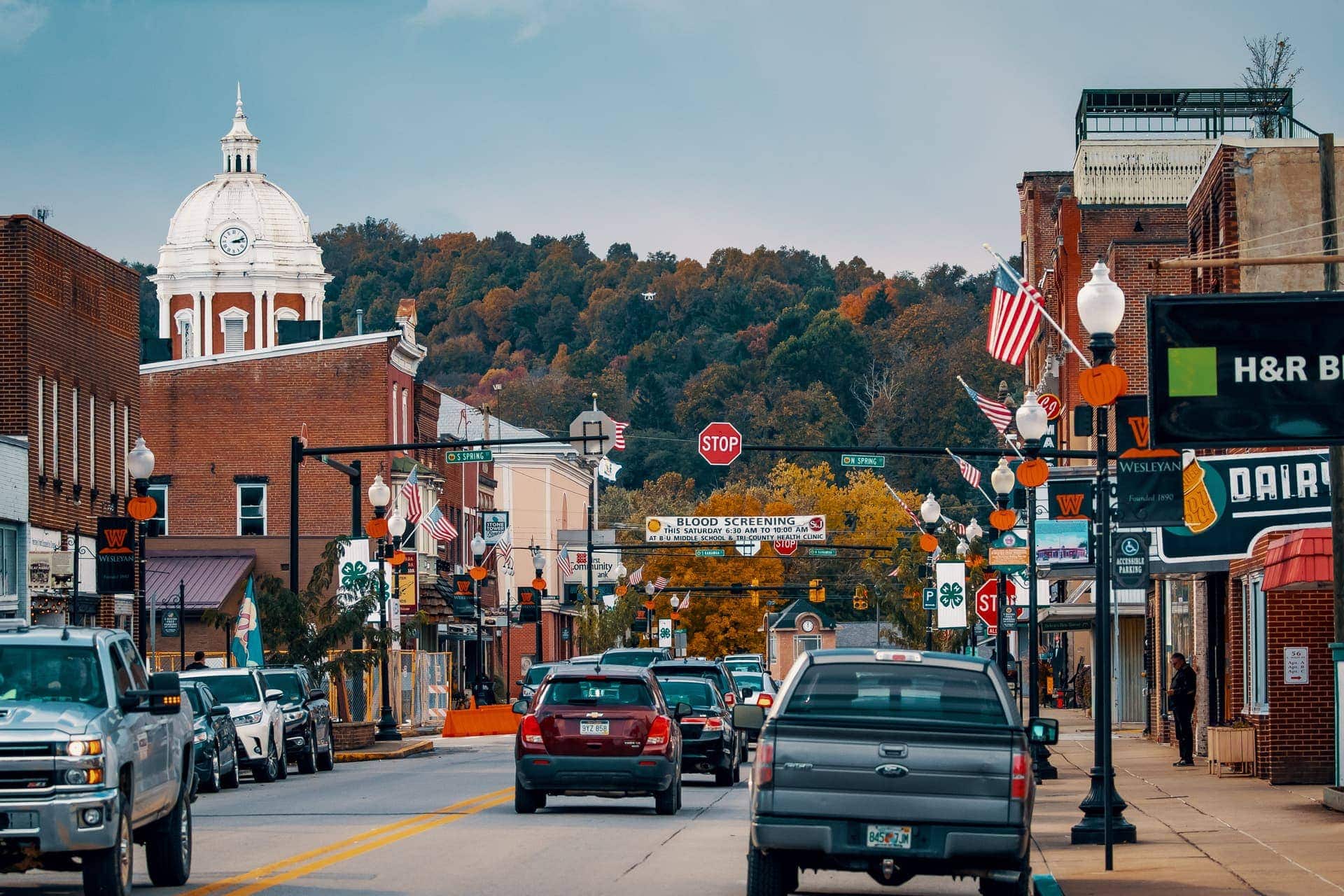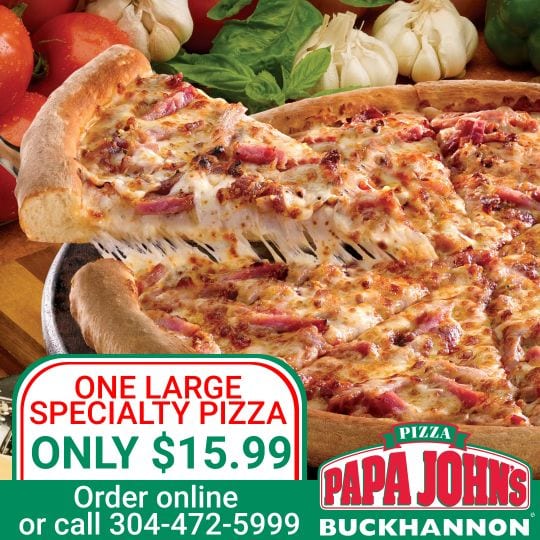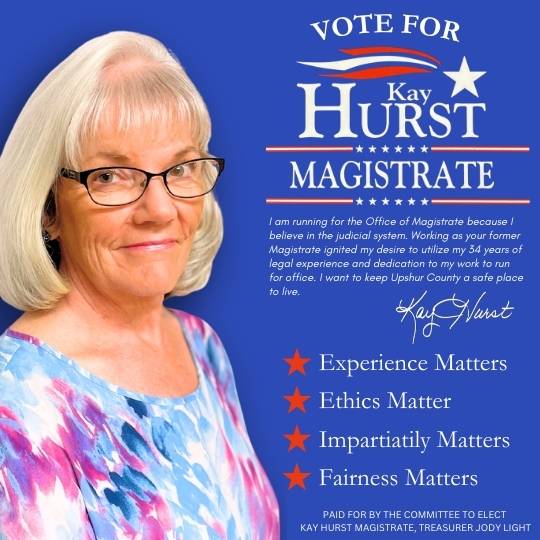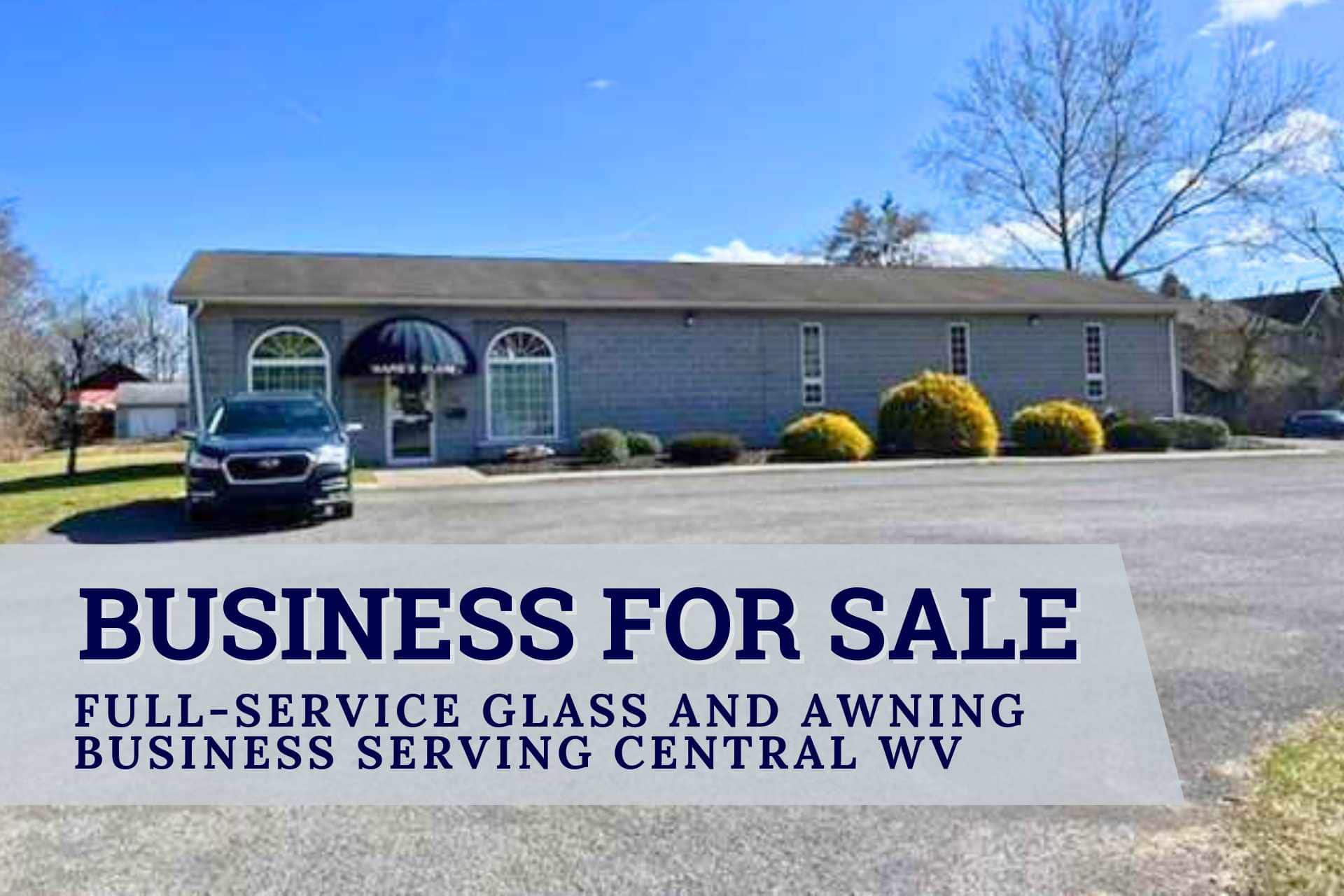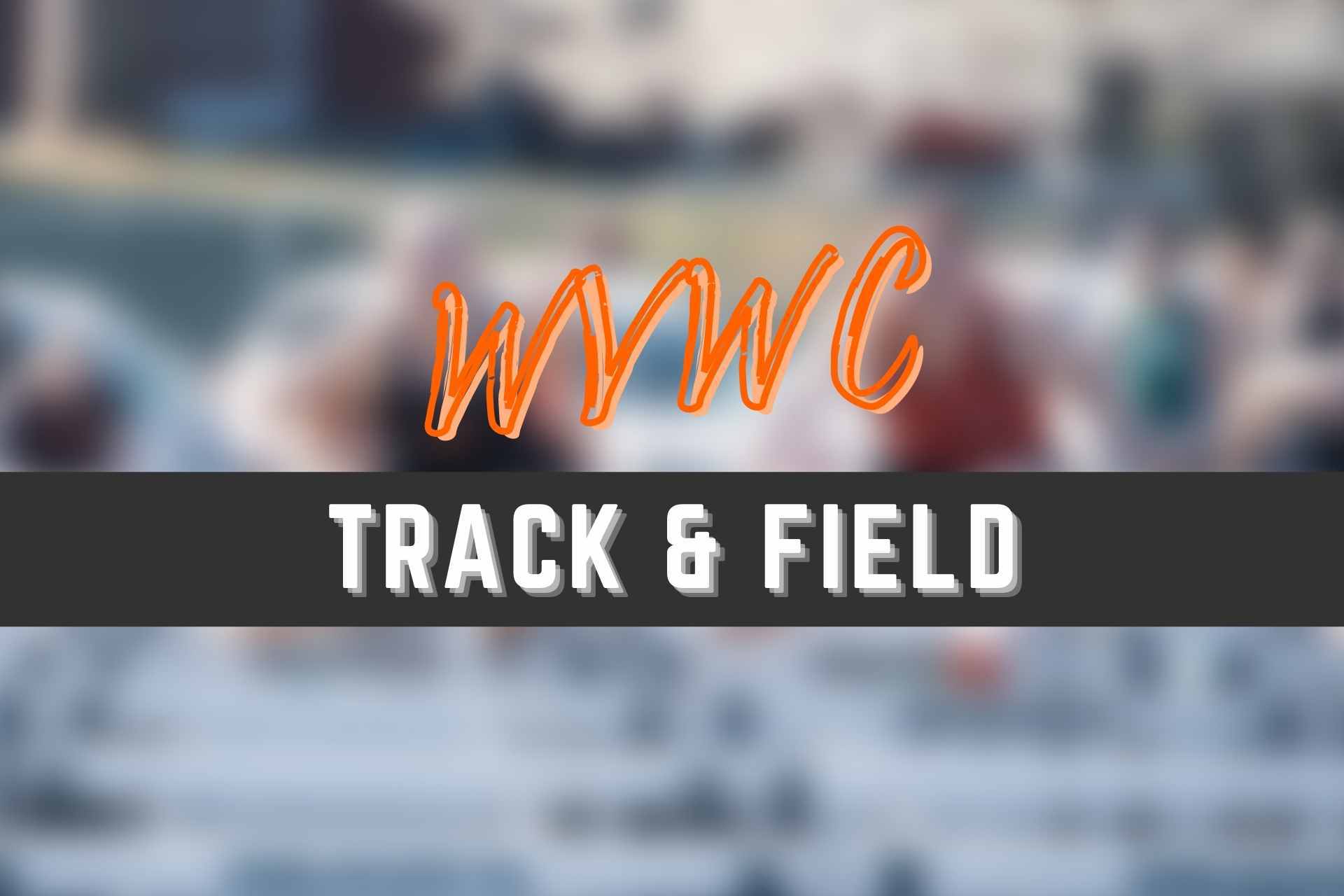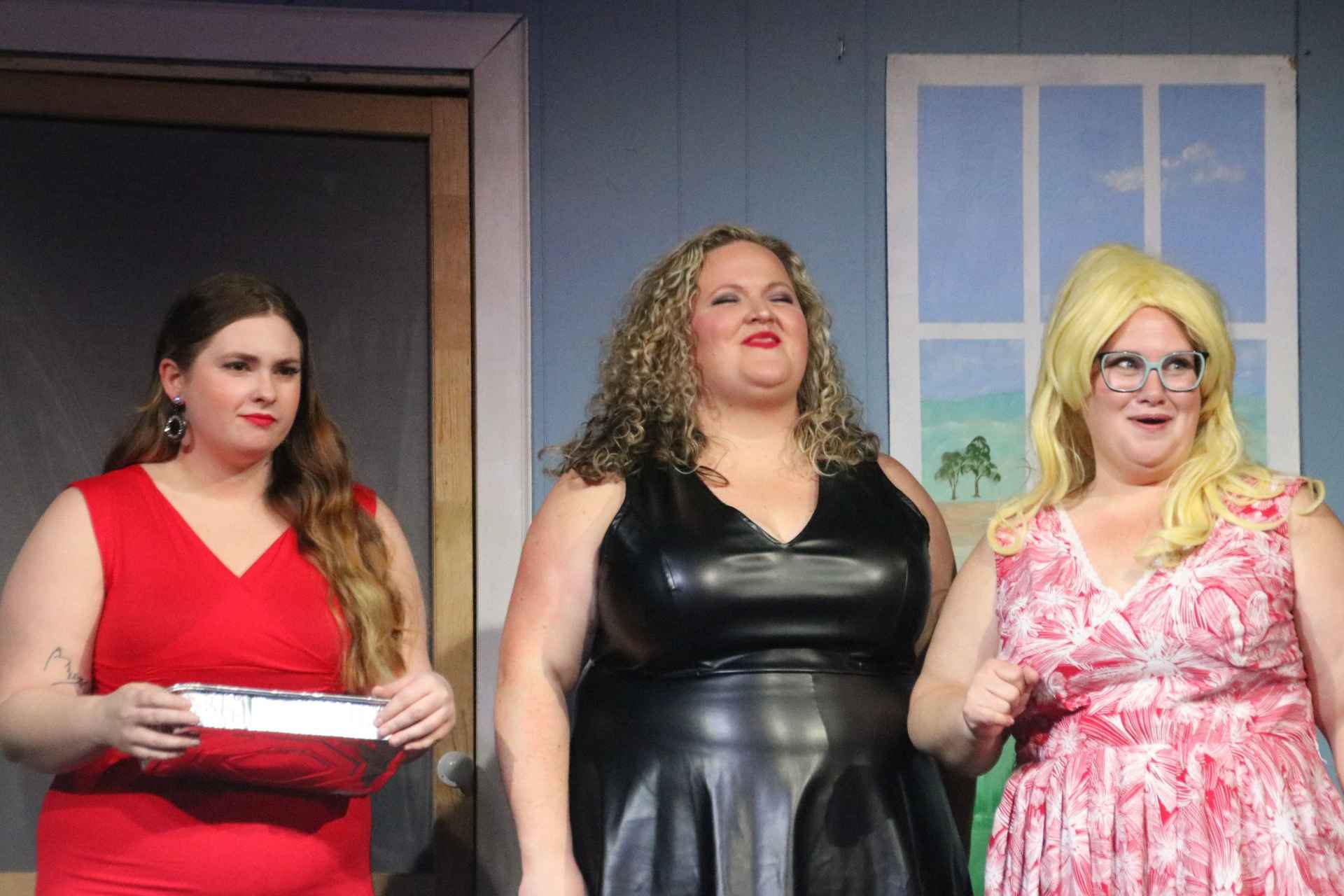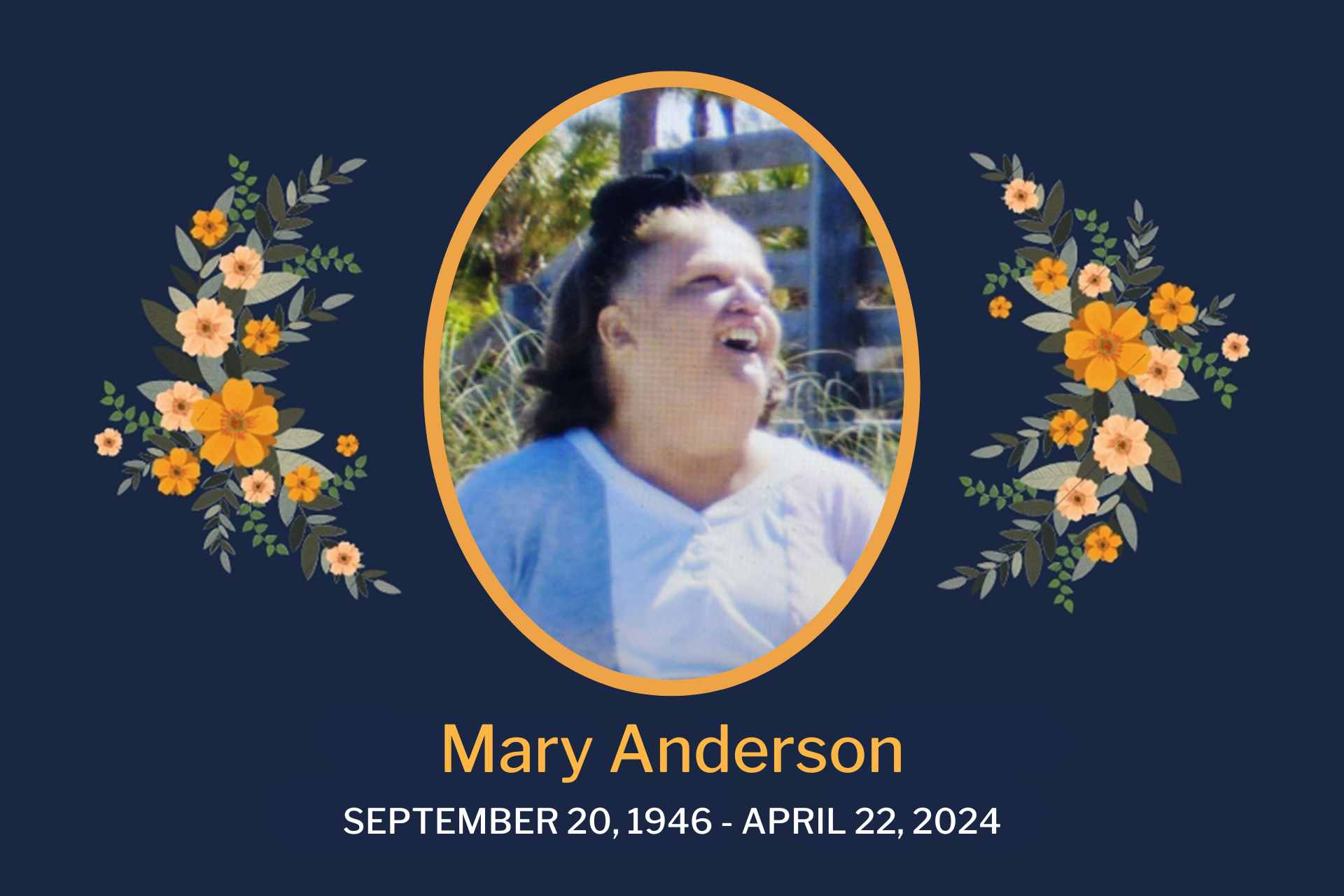BUCKHANNON – Buckhannon city officials are sighing in relief as West Virginia’s Senate Bill 4, referred to as the municipal home rule bill, recently passed both in the House and Senate.
Municipal home rule gives local governments more freedom to tailor their laws to fit their individual community’s needs. It has existed as a pilot program for a number of years and was initially limited to just four cities. Eventually, the program expanded allowing more cities to apply for home rule.
However, the pilot program was on the verge of ‘sunsetting’, or expiring, on July 1 before the passing of Senate Bill 4.
“Now this legislation, Senate Bill 4, makes the program permanent,” said Tom O’Neill, Buckhannon’s city attorney. “It was originally due to sunset this year, and the legislature has made it a permanent program.”
O’Neill said more municipalities are permitted to become part of the program as part of the bill. However, he noted there are still certain restrictions on how many municipalities can join each year.
Since 2014, Buckhannon has been a part of the home rule program, allowing officials to create and enforce laws that could only be enacted through the approval of the program.
“Any city that applies to be a part of the home rule program has to come up with a plan,” O’Neill said. “In other words, the city can’t just pass any ordinance that it wants. It has to have those ordinances at least in concept pre-approved by the state’s Municipal Home Rule board.”
Through the home rule program, the City of Buckhannon has been able to implement a number of things in city limits, including the ability to hire part-time police officers, sell surplus city property through online auctions, establish enterprise zones for certain tax treatments for developments in the downtown area and implement the ‘Brunch Bill.’
Most recently, the city is working toward implementing a 1 percent sales tax beginning in 2020 by using home rule.
“State code allows any municipality to enact the 1 percent municipal sales tax that is kind of added onto the state’s regular 6 percent sales tax; however, before home rule the city would have had to also get rid of its B&O tax,” O’Neill explained. “Through home rule we can have both a municipal sales tax and a B&O tax as long as we reduce the B&O collections when we seek the municipal sales tax.”
So, would the City of Buckhannon have been in jeopardy of losing anything if the bill didn’t pass?
O’Neill says no.
“The law that created the home rule pilot program provided that if home rule ever sunsetted, or if it wasn’t made permanent, that any ordinances that were passed under home rule would remain in effect,” he said. “If home rule wouldn’t have passed, it wouldn’t have changed anything for the city. The only thing it would have done to the city is that we couldn’t go after anything new, we couldn’t make any new applications.”
O’Neill said home rule cities can seek permission to enact “most anything” except for ordinances that deal with certain prohibited categories, such as an ordinance that goes counter to state environmental laws or criminal laws.
“That’s because the state wants certain laws to be uniform across the whole state,” he said.
From the perspective of the City of Buckhannon, O’Neill said home rule has been a “great tool” to be able to tailor the way the city operates.
“There are certain areas of the law that are just not conducive to a one-size-fits-all mentality for the whole state,” he said. “And home rule has allowed Buckhannon to really customize the functions of government to what makes the most sense to our community, and so it’s been a really wonderful thing from that perspective.
“Also, it’s been a great laboratory. There are a lot of incidences where the city’s home rule plan has been adopted by other cities because they have found them to be good ideas, and in fact, items that appear in cities’ home rule plans have been adopted by the legislature to be a policy for the whole state. I would point to Buckhannon’s ability to sell surplus property through online auctions as something that started out as one of our home rule plans that was then adopted by the legislate and now applies state wide.”
The program has been a source of innovation, according to O’Neill.
“I think it will continue to be a source of innovation for not only the other municipalities but for the state government as a whole,” he added.
Mayor Dave McCauley said the city is immensely grateful for the passage of the home rule legislation, saying it’s a huge win for municipalities.
“Home rule is the life-blood of municipalities in 2019,” McCauley said. “Bridgeport just pledged, I believe $40 million in future sales tax to fund their amazing inside recreational complex to compliment their outdoor facilities. Ask them what they’d do if that tax suddenly was unavailable. Passage of permanent home rule is simply huge.”
